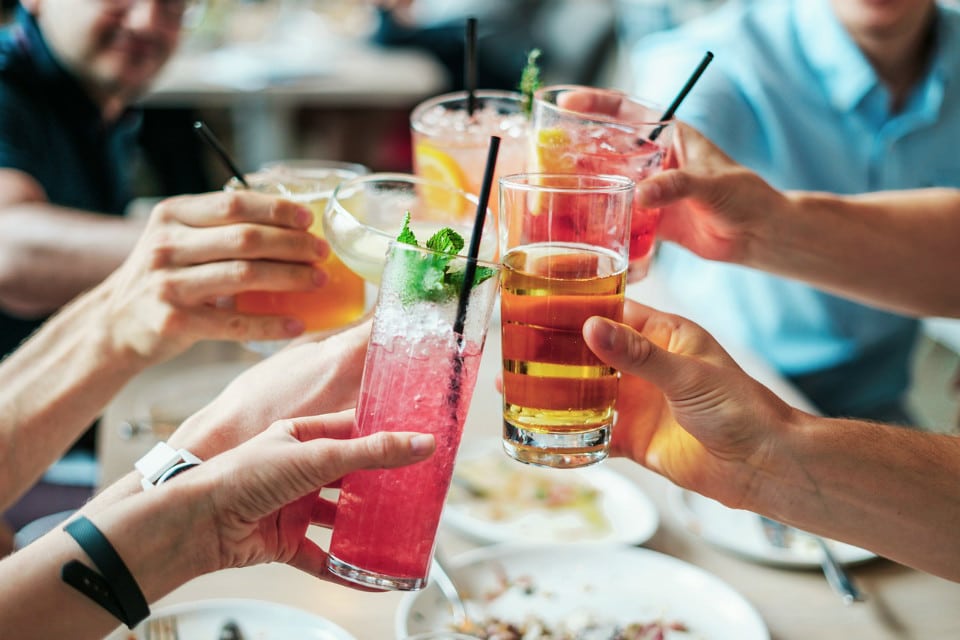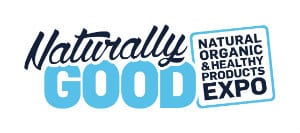Sugar tax a sweet deal for Aussie health
With a sugar tax on the cards for the UK in 2018, pressure is on for the Australian Government to take similar steps. So what can food and beverage businesses expect?
This article first appeared in Naturally Good Expo, part of Diversified’s food network. Written by Josh Alston.
In 2018, the United Kingdom will implement a tax on sugar-filled soft drinks in a bid to combat childhood obesity.
This legislation was driven by a campaign led by celebrity chef Jamie Oliver and was announced in 2016 as part of the UK government’s budget. This landmark tax has put pressure on other governments, including Australia’s, to follow suit and implement a similar strategy.
If a sugar tax on soft drinks was introduced in Australia, what would be the ramifications on vendors and businesses; and what boosts could the natural beverage industry expect to see in our country?
About the sugar tax
The levy will come into play in the UK in 2018, and will cover two bands: one for total sugar more than five grams per 100 millilitres, and one for more than eight grams per 100 millilitres.
The fine print includes milk and 100 percent fruit juice being exempt. The tax is also expected to raise up to £1 billion, which will be used to fund school sports programs.
How can this benefit the natural beverage industry?
The proof is in the pudding, so to speak. Before Oliver successfully lobbied for the sugar tax in the UK, he implemented one himself at his 37 Italian restaurants in 2015.
All sugary drinks attracted a 10 pence surcharge, which saw the sales of colas and lemonades fall by 11 per cent in the first 12 weeks.
It had little to do with the actual monetary value as well, with most of the customers at the restaurants coming in cashed up and paying up to £3.25 for a beverage.
What it did was make them think twice. By putting the focus on the sugar and applying a token penalty, consumers were made to question whether they wanted the sugar or not.
This strategy moved customers away from the sugar-filled drinks and towards the healthier options, with fruit juices rising by about the same amount as sugar-filled soft drinks fell.
London School of Hygiene and Tropical Medicine researcher Prof Steven Cummins said that: “I don’t think the financial element of it (the sugar tax) is a massive disincentive”.
Instead, it prompted customers to think twice about what they were consuming and steered them towards a healthier option.
This case study showed that the tax is more likely to drive people towards healthier juice options and improve the market share for the manufacturers of natural and sugar-free beverages.
Could this happen in Australia?
The lobby is on for a similar sugar tax to be implemented here. A coalition of doctors’ groups —called the Committee of Presidents of Medical Colleges—is pushing for a 20 per cent domestic tax.
Another coalition of health and community groups—which includes the Obesity Policy Coalition, Cancer Council, Heart Foundation, several universities and Nutrition Australia—want this sugar tax implemented by 2019.
To date, the Australian Federal Government has resisted calls to apply this tax. But UK government also resisted it until as late as February last year, before making it a reality. Oliver had long been campaigning for it and officially lobbied the UK government in 2015.
It is an important lobby to monitor for beverage vendors, with non-sugar drinks potentially set to not only be healthier options, but cheaper ones as well.
Beverage manufacturers essentially have three options if faced with a sugar tax. They can absorb the cost, pass it onto consumers or produce more sugar free options.
The Australian Beverages Council has called the potential tax misguided as well, meaning there could be opposition from the industry towards any proposal.
What would this mean for Australia?
University of Melbourne research published in PLOS (Public Library of Science) Magazine has revealed that a sugar tax would save $3.4 billion in healthcare costs. It would also extend the lives of Australians by 1.2 years of healthy life per 100 Australians.
This is based on a model where food items would be taxed per unit of sugar, with the more sugar-filled products to attract heavier penalties. The price of ice cream, for example, could rise by up to 65 per cent.
“The study suggests that taxes and subsidies on foods and beverages can potentially be combined to achieve substantial improvements in population health and cost savings to the health sector,” the article stated.
About the writer: Josh Alston
Josh Alston is a journalist, editor and copywriter who has worked for several daily, community and regional newspapers across the Queensland seaboard for 12 years. In this time he has covered news, sport and community issues and has been published in major daily newspapers and nationally online for breaking news. Josh presently works as a freelance reporter writing for clients including the Victorian Government, AGL Energy and a host of others.
Naturally Good Expo
Naturally Good Expo is Fine Food’s sister show, for everything healthy, natural and organic. It’s being held on 29-30 April 2018 in ICC Sydney, Darling Harbour.
-
Stay up to date with the latest news, industry insights and Fine Food Australia updates.
- Subscribe

